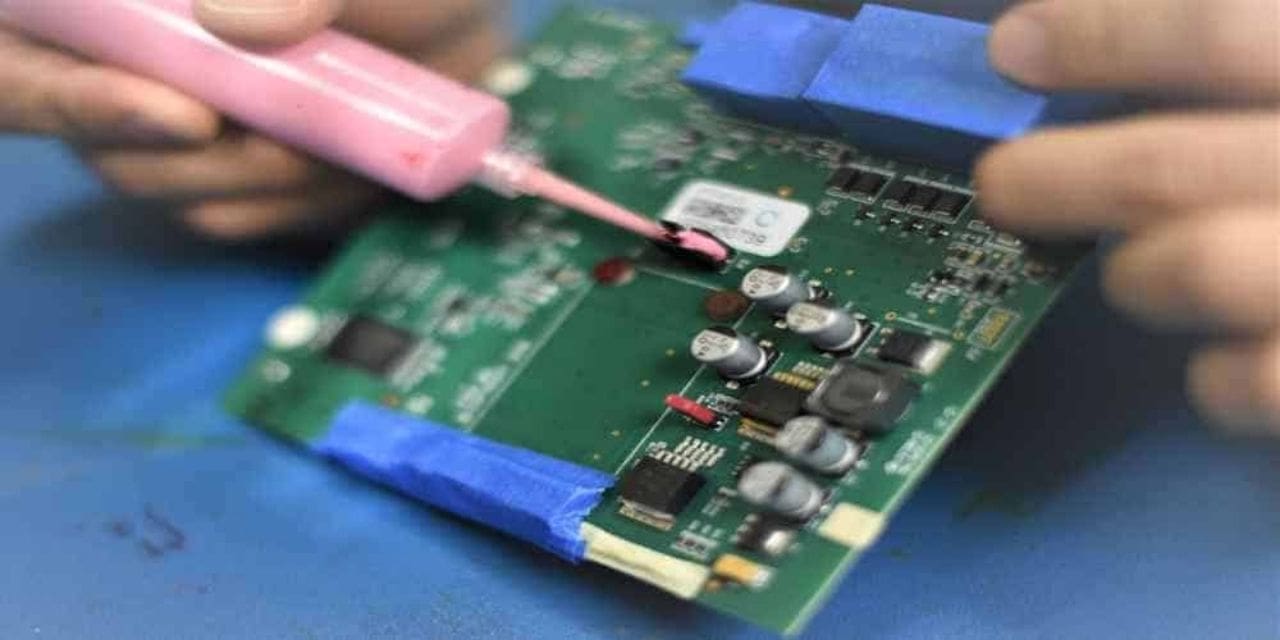The report, “PCB Encapsulation Market by Resin Type (Epoxy, Acrylic), Curing Type (UV-Cure, Heat Cure, Room Temperature Cure), Application (Consumer Electronics, Automotive Electronics, Medical Devices), Product Type – Global Forecast to 2029″, is projected to reach USD 5.59 billion by 2029, at a CAGR of 8.8% from USD 3.67 billion in 2024. Some of the major forces behind the growth of the PCB encapsulation market include miniaturization of electronics, coupled with increasing electronic functionality, requires them to be better shielded against trouble-free performance across multiple ambient and adverse environments. The increasing requirement from the consumer side for high-quality and rugged electronics, such as smartphones, tablets, and wearables, has also turned into one of the major driving forces. Growing applications of electric vehicles and ADAS in the automotive sector further enhance the demand for reliable PCB protection, which has to withstand challenging conditions. The industrial and aerospace industries also have a high demand for robust electronic systems working in extreme environments, thereby further boosting the market. Improvements in adhesive formulations with regard to thermal stability, chemical resistance, and mechanical strength are critical for the growth of the market.
Browse
• 257 Market data Tables
• 58 Figures
• 240 Pages and in-depth TOC on “PCB Encapsulation Market – Global Forecast to 2029″
• 58 Figures
• 240 Pages and in-depth TOC on “PCB Encapsulation Market – Global Forecast to 2029″
Some of the prominent key players are:
- Henkel AG & Co. KGaA (Germany),
- H.B. Fuller Company (US),
- Parker-Hannifin Corporation (US),
- Dow (US),
- DuPont (US),
- Nagase ChemteX Corporation (Japan), and many more….
Opportunity: Advancements in the Automotive and Aerspace Sectors
The aerospace and automotive sectors are ripe with tremendous potential for the PCB encapsulation market. It is forecasted that advanced electronic content will be swiftly adopted by both industries toward improvements in performance, safety, and functionality. For aerospace, there is an increased requirement for long-lasting, high-reliability PCBs to deliver requirements such as avionics, navigation systems, and in-flight entertainment. Components have to withstand extremely stringent conditions caused by high altitudes, temperature fluctuations, and vibrations, whose reliability will require adhesives superior to conventional ones for PCB protection. The move of the automotive industry toward EVs, autonomous driving, and connected car technologies requires robust protection in their PCBs. The electronics in vehicles are exposed to extreme environments, with a large amount of heat, moisture, and chemicals. Advanced adhesives are required that provide excellent thermal management, mechanical stability, and environmental resistance.

